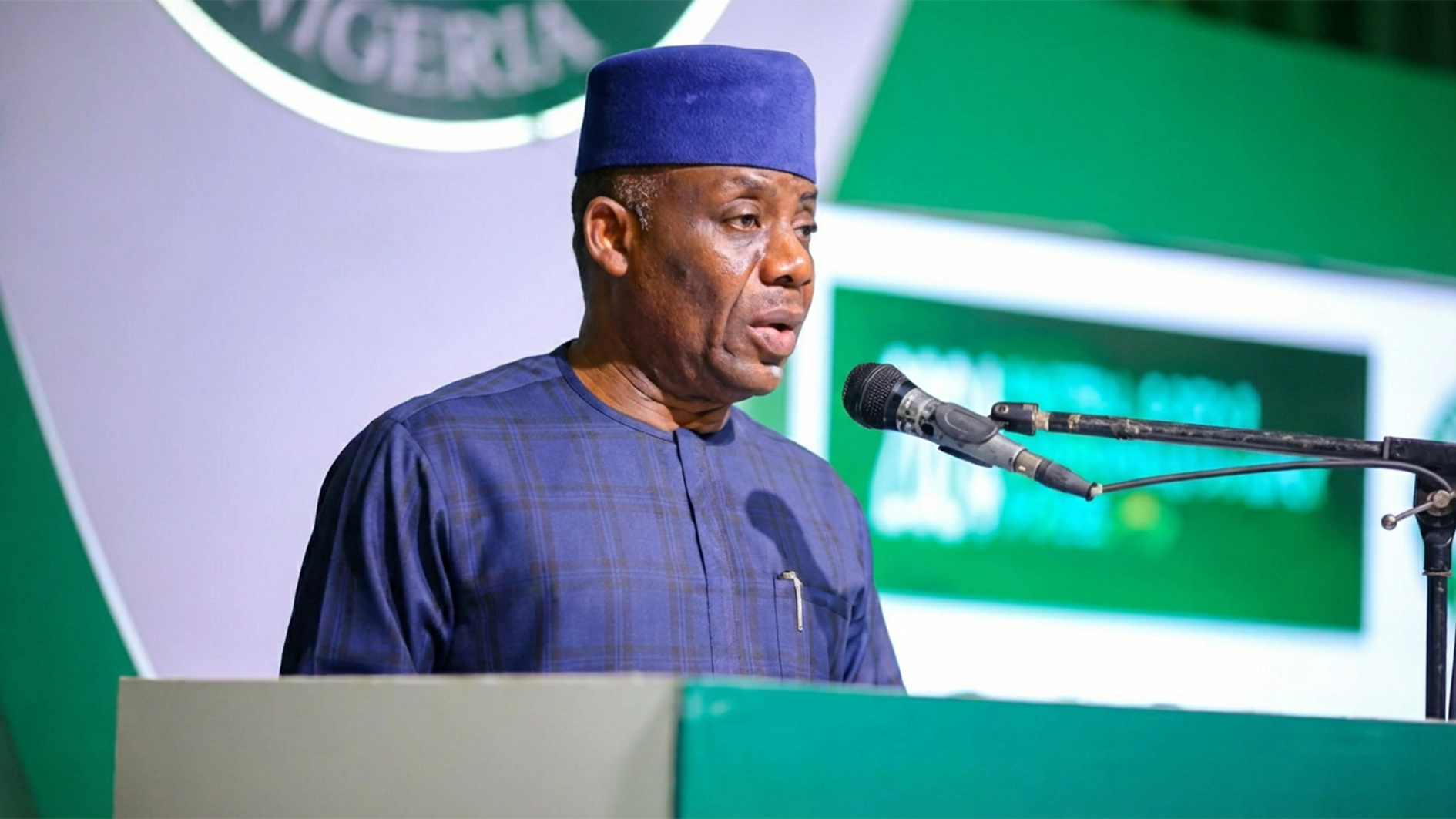The Non-Academic Staff Union of Educational and Associated Institutions (NASU) has threatened to down tools any time its members are not paid for work done.
In its reaction to the threat of governments to adopt ‘no work, no pay’ whenever organised labour unions embark on industrial actions to press for their demands, NASU blamed the inaction of the government for all the industrial actions of the university system.
Its General Secretary, Peters Adeyemi, condemned the recurring threats by government officials to enforce the ‘no work, no pay’ policy each time workers consider lawful industrial action in pursuit of justice and fairness.
He alleged that over the years, this policy has been wielded not as a tool for industrial peace, but as an instrument of intimidation that is used to silence workers, criminalise their legitimate struggles, and distract from the government’s own failures to honour agreements and uphold the law.
He said: “Let it be clear: union leaders are not anarchists. Strikes are never taken lightly; they are the last resort when every avenue of dialogue and negotiation has been exhausted. More often than not, it is the government’s neglect, indifference, and breach of agreements that push workers to take such measures.”
He explained that while Section 42(1)(a) of the Trade Disputes Act refers to “no work, no pay,” the same law also provides for conciliation, mediation, and arbitration processes that must be followed in good faith.
“Yet, the government frequently ignores these procedures and its own obligations under Section 15 of the Labour Act, which requires that workers be paid at least once every month. When salaries and allowances are withheld for months, the reality becomes “no pay, no work,” he stated.
Nigeria, as a member of the International Labour Organisation (ILO), has ratified Conventions 87 and 98, which protect the right of workers to organise and to strike as part of collective bargaining.
He declared that any attempt to punish workers or their unions for exercising these rights violates both national and international labour standards.
He noted that it is sheer hypocrisy for the government to trigger strikes through non-compliance with agreements and then turn around to punish workers for responding lawfully, adding: “Where were these same officials when workers endured unpaid wages, poor working conditions, and the decay of public institutions?”
Adeyemi submitted that no one is more patriotic than the Nigerian worker.
His words: “It is workers who keep the nation functioning despite low pay, unstable conditions, and unfulfilled promises. Their children attend the same underfunded schools, and their families bear the brunt of every crisis. Yet, after every strike, it is these same workers who return with commitment to restore normalcy.”
NASU, therefore, called on the Federal Government to stop using threats and intimidation as tools of labour management.
It charged the government to institutionalise collective bargaining as the proper mechanism for resolving disputes and improving workplace relations.






